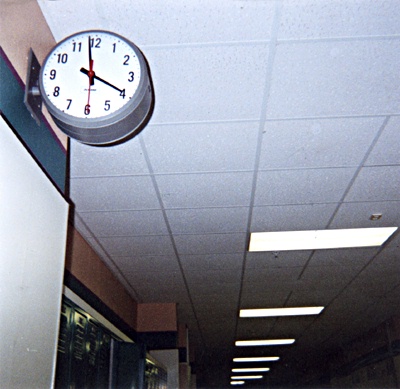All Nonfiction
- Bullying
- Books
- Academic
- Author Interviews
- Celebrity interviews
- College Articles
- College Essays
- Educator of the Year
- Heroes
- Interviews
- Memoir
- Personal Experience
- Sports
- Travel & Culture
All Opinions
- Bullying
- Current Events / Politics
- Discrimination
- Drugs / Alcohol / Smoking
- Entertainment / Celebrities
- Environment
- Love / Relationships
- Movies / Music / TV
- Pop Culture / Trends
- School / College
- Social Issues / Civics
- Spirituality / Religion
- Sports / Hobbies
All Hot Topics
- Bullying
- Community Service
- Environment
- Health
- Letters to the Editor
- Pride & Prejudice
- What Matters
- Back
Summer Guide
- Program Links
- Program Reviews
- Back
College Guide
- College Links
- College Reviews
- College Essays
- College Articles
- Back
Feedback on "Primary Prison"
“Primary Prison”, a poem by Jennah Hunter, is a brilliantly written piece that leaves the readers deep in thought due to the contents of the poem. Hunter’s “Primary Prison” starts off by directly addressing the readers, providing them with a brief scene of a young girl off to her first day of school. The poem then goes on to discuss how the young child is naive and unaware to the things that she will face at school. She is unaware of the restrictions and limitations the school sets and the way the school may dull her imagination in an effort to sharpen her academic abilities which thus makes the primary school appear like a “prison.”
I enjoyed this poem very much simply because of the way it provided the readers with a ring of truth and was relatable to students today. I liked the way the poet explained how school didn’t always “enlighten” but could sometimes do the opposite. “Primary Prison” quotes, “they will feed you/the alphabet/through a metallic/bitter spoon/when all you wanted/was to have a voice of your own.” These verses explain that in a way, training students to think only rationally and logically limit their artistic and creative abilities. They limit one’s individual voices and replace them metallic, mechanical lines from a generic textbook. They slaughter originality in exchange for monotonous, standardized lessons. They take students and shrink them into numbers and letters on a screen. I agree with Hunter’s quote because, as a student, I do feel as if school sometimes can be quite mechanical and unimaginative, obsessed with rules and regulations and more rules and regulations, and a silencer to “a voice of your own.”

Similar Articles
JOIN THE DISCUSSION
This article has 0 comments.
